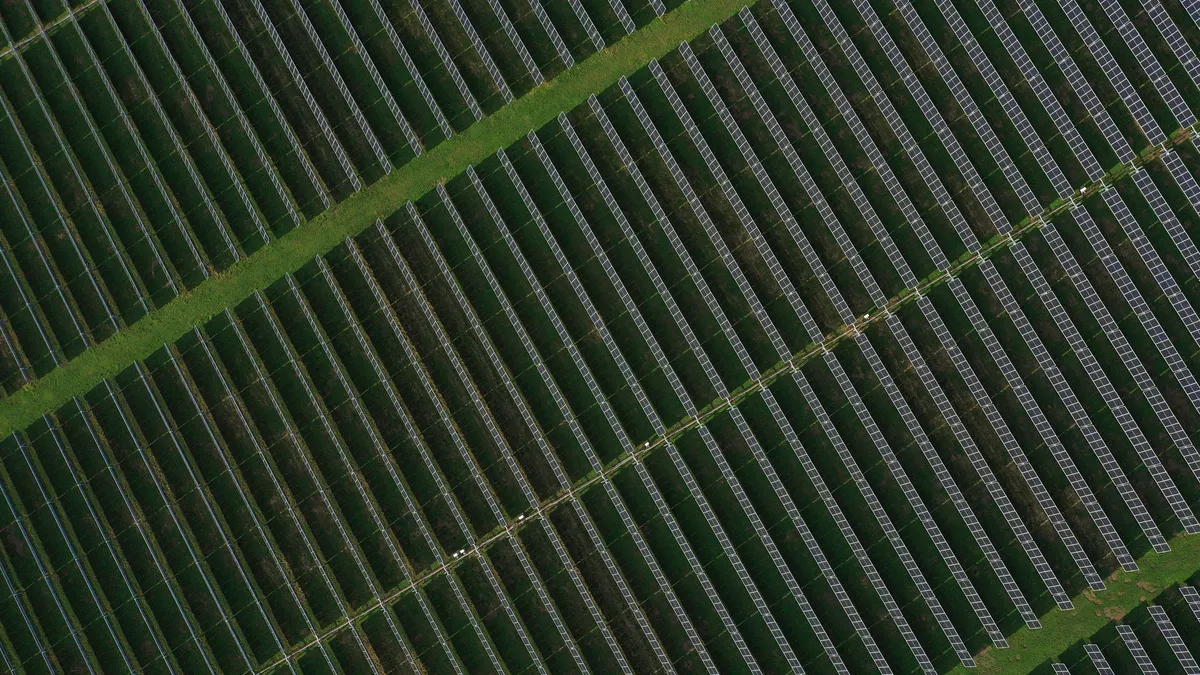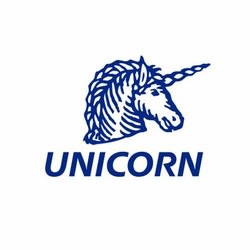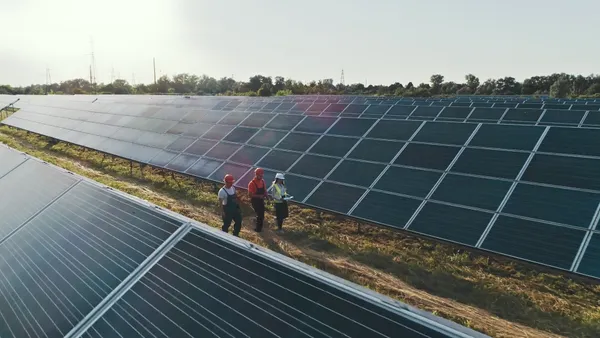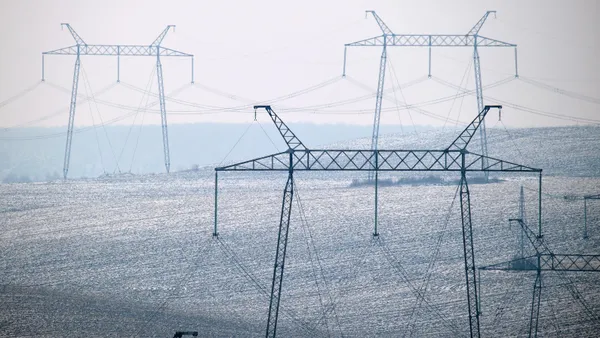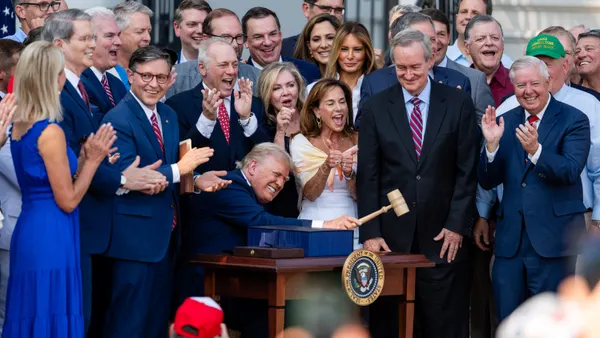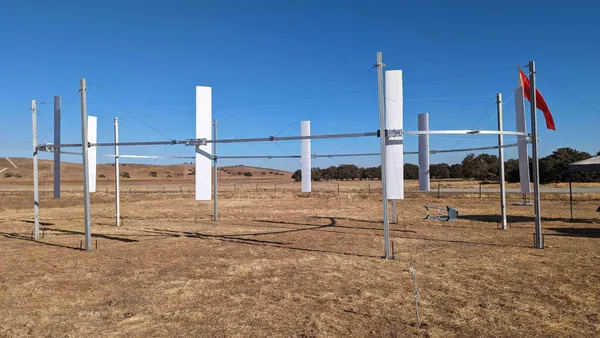A bipartisan group of four senators sent a letter to President Joe Biden last Friday asking him to increase tariffs on solar module, cell and wafer imports from China under Section 301 of the Trade Act of 1974.
The two Democratic senators from Georgia, Jon Ossof and Raphael Warnock, joined Florida Sen. Marco Rubio, R, and Ohio Sen. Sherrod Brown, D, in signing the letter, which warned that “China’s aggressive subsidies for its own solar manufacturing industry demonstrate its intent to control the industry globally.”
“By 2026, China will have enough capacity to meet annual global demand for the next ten years,” the senators said. “This capacity is an existential threat to the U.S. solar industry and American energy security.”
The Biden administration is reviewing Section 301 tariff exclusions that were placed on Chinese goods during the Trump administration. The review was expected to wrap up at the end of last year, but has been extended through May 31.
“As you continue to evaluate the effectiveness and economic impact of Section 301 tariffs during the ongoing statutory four-year review, we urge you to increase and enforce tariffs on solar module, cell, and wafer imports from China,” the senators wrote. “We must not allow China to destroy U.S. manufacturing and control this strategic energy sector.”
The letter said that in 2023, the price of a Chinese-manufactured solar panel “dropped to 15 cents per watt, more than 60% below the price of a U.S.-made panel.”
“These heavily subsidized and artificially low prices put U.S. solar manufacturers at an extreme disadvantage during a critical turning point in the development of the domestic solar manufacturing industry,” the senators said.
During a January Solar Energy Industries Association webinar on solar supply chain and trade challenges, the group’s Senior Vice President of Supply Chain and Trade Stacy Ettinger said the review “could result in an increase of tariffs on specific products and a decrease on specific products, no change at all, or some hybrid thereof.”
“I think the administration is thinking about the timing of this issue and thinking about the politics heading into an election cycle, and the issue of China, which is certainly a hot button issue politically,” Ettinger said.



